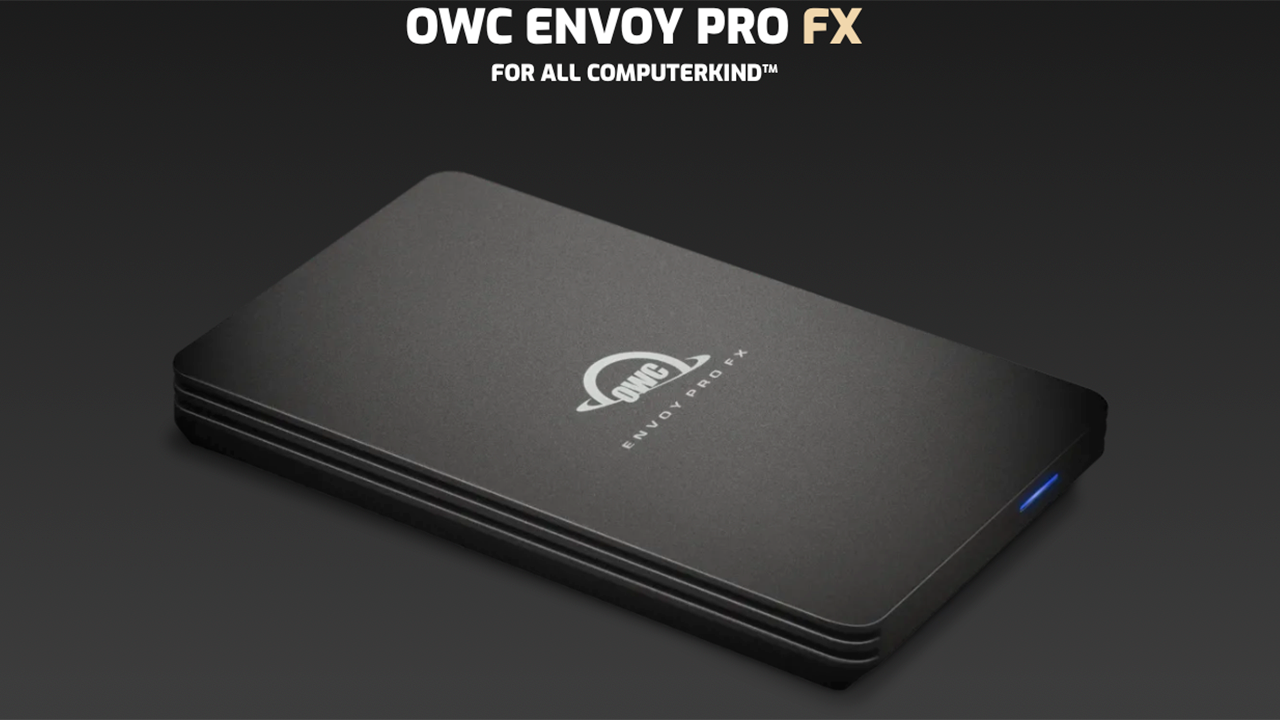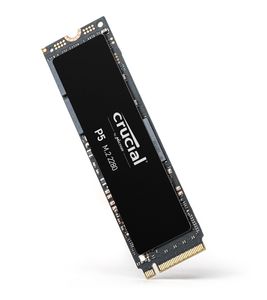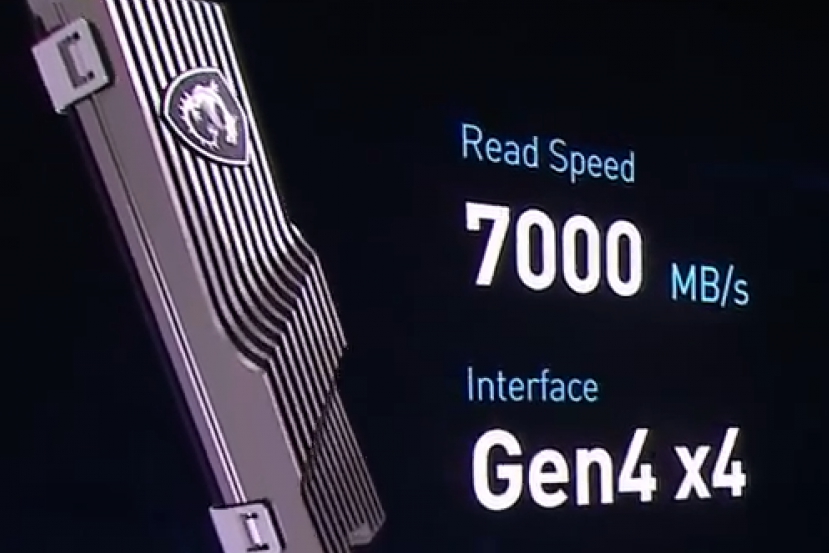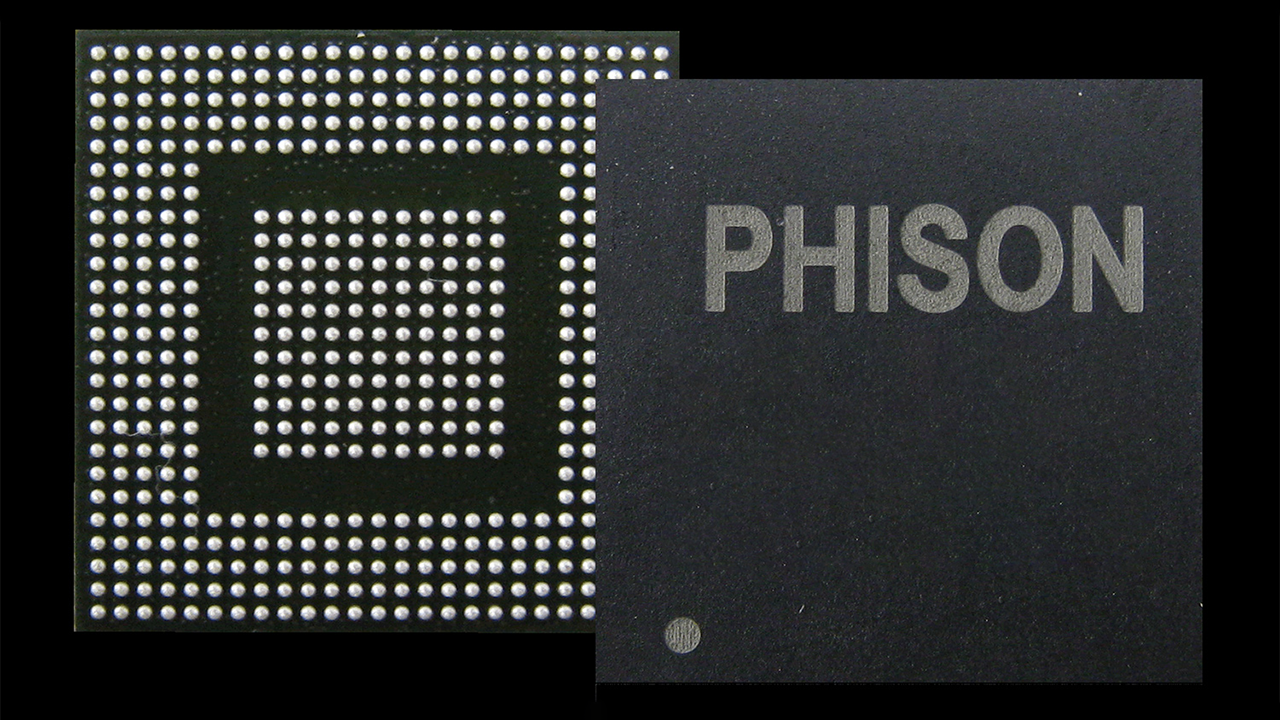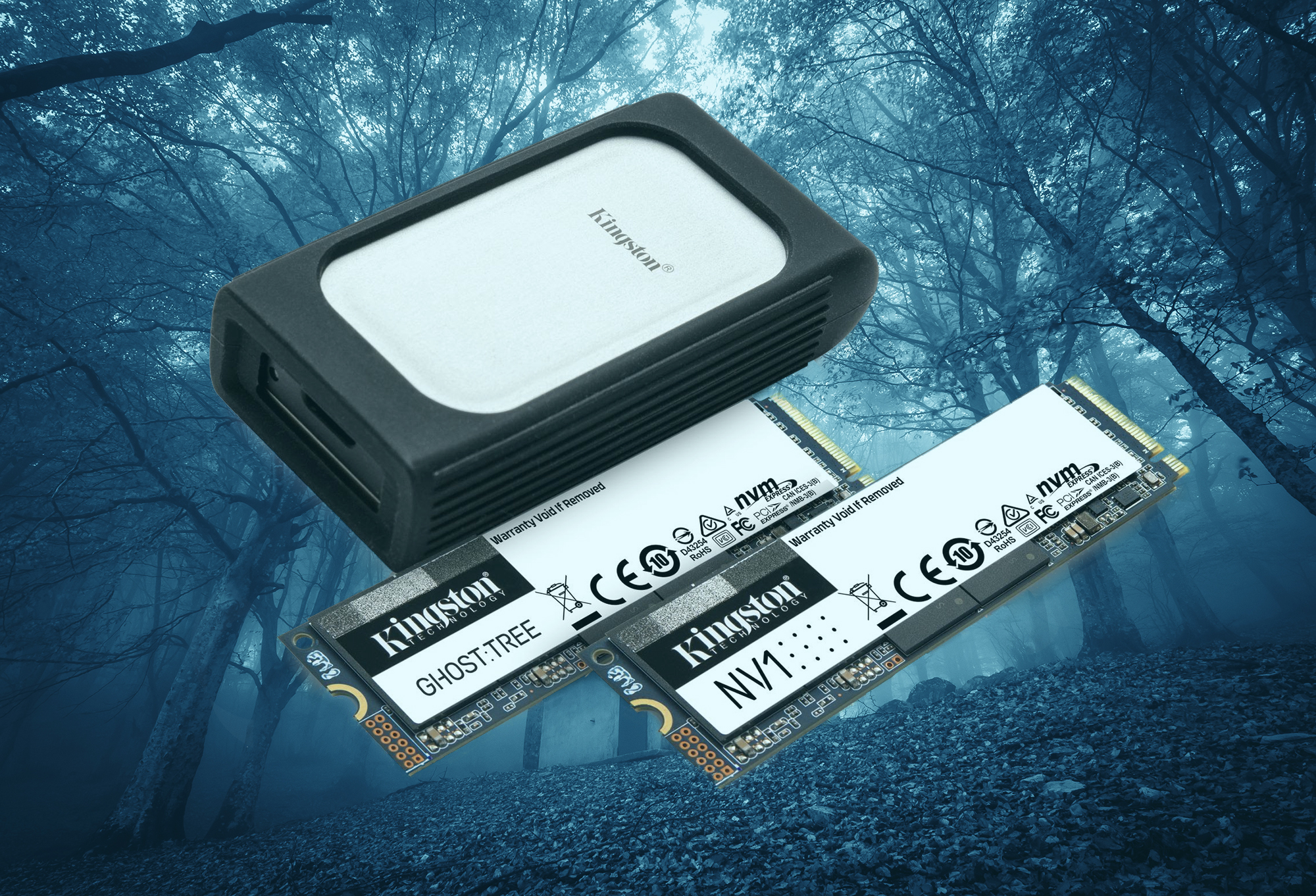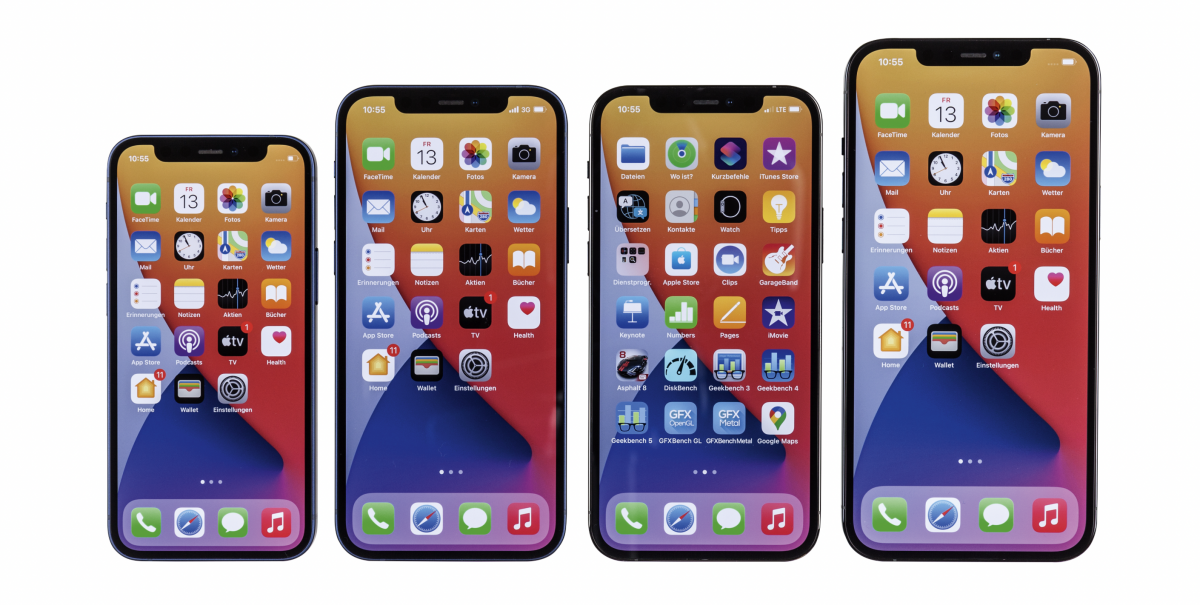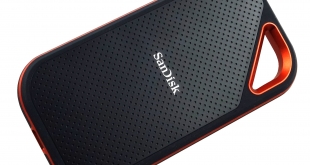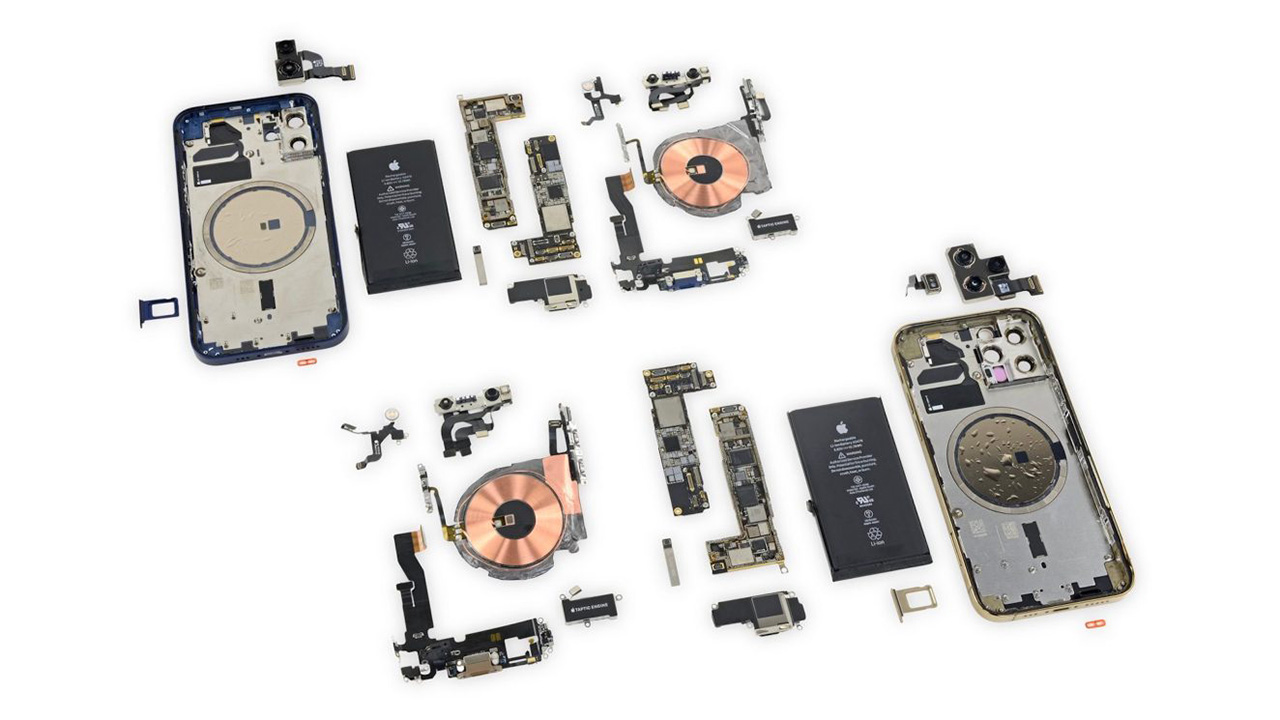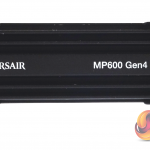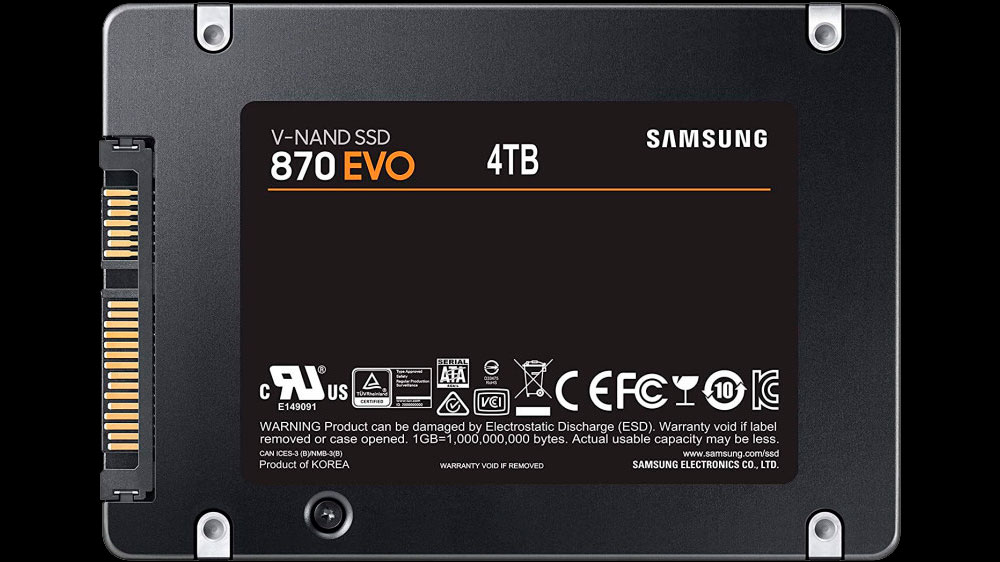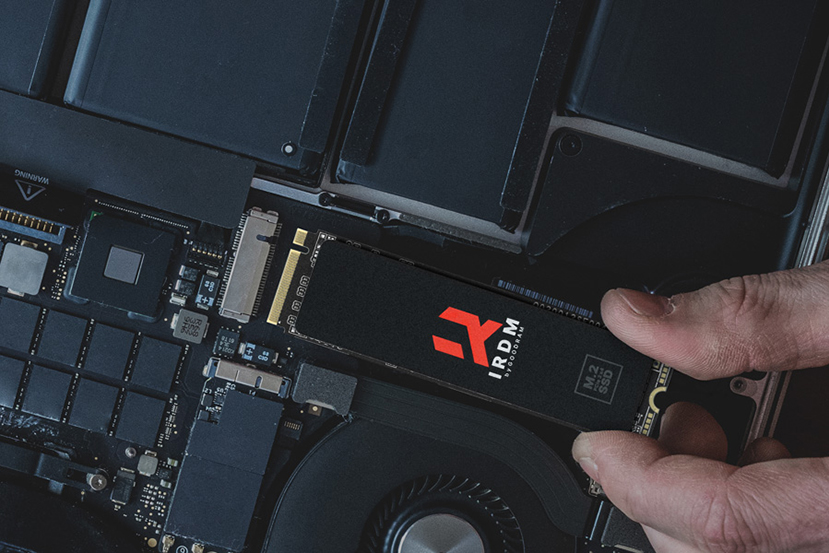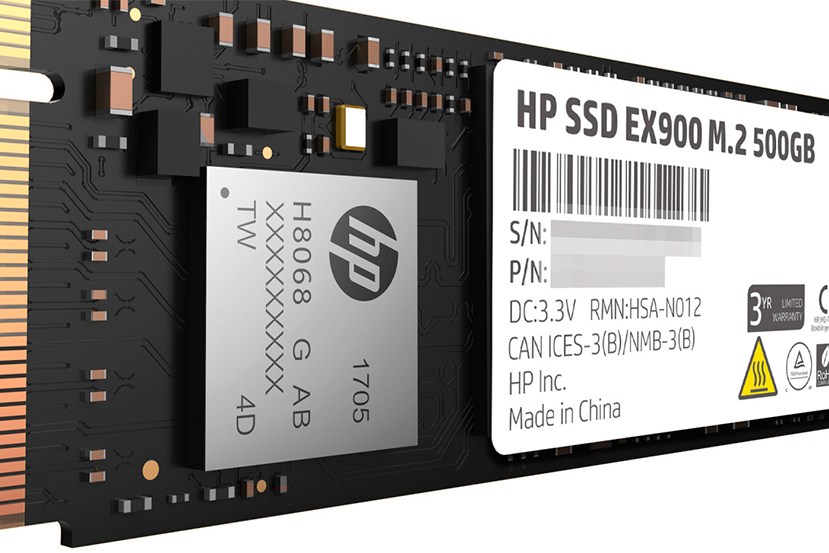Introduction to HP EX Features 950 1TB
The technical advantages of these HP units is that they have TLC memories, which makes them more suitable for those Users looking for higher quality Flash memory drives that can last for years. it is also properly configured, with buffer memory for the write allocation table, allowing it to maintain performance well under heavy loads and sustained transfers.
Everything indicates that the HP EX 950 is a well-designed unit, although already within what we could call mid-range, since it does not take advantage of the new PCI Express 4.0 interfaces, but that promises us excellent results in this review.
Biwin, the manufacturer behind HP units
We have all seen HP storage units in countless electronic stores, often with very interesting price offers at specific times of the year , but certainly HP does not manufacture its storage units, rather it entrusts its brand name to Biwin, a company based in the Shenzhen area of China.
This brand manufactures products related to flash memory, which they do not manufacture, but which integrate in customized designs for their clients or also for their own brands, which have much more market penetration in China than they have in other regions like ours.
In their portfolio of products we can find SSD units, like the one we tested today, RAM memory modules, eMMC embedded memory for lightweight mobile devices and also the entire portfolio of pr HP Flash products.
Its range of SSD products ranges from HP home and professional drives to rugged drives for the most demanding industrial environments or formats that we would never think to use in our computer such as CF units of the NAND Flash type or the less and less common U.2 interface units which is like an M.2 but wired widely used in data center environments.
Biwin develops the entire manufacturing process of its products, from industrial design, assembly of units, development of software and firmware, etc. Founded in 1995, currently have one of the wafer assembly plants of 12 ”most advanced in the world and its products are accessible worldwide.
PCI Express 3.0 Drive with NVMe
Although today in Today these are no longer the most powerful storage units that we can install in our computer, as long as we have a third-generation Ryzen or Threadripper processor or higher, these are the exclusive units with a PCI Express 4.0 interface. Be that as it may, those of type 3.0 are still the most widespread, and in general they offer the performance that we may want for a quick response at an appropriate price for our operating system, programs and games.
These types of units support PCI Express 3.0 links up to 4x which generates a bandwidth of up to 32 Gbps (8GT / s) which translates to more than 3000 MBps of actual bandwidth, although not in this model, not at least in recording due to the configuration of its Flash memory structure and also due to the integrated controller.
In SATA drives the interface is limited to 6Gbps which results in a limitation to 500 – 550 MBps of sequential speed, the attempt to resurrect the interface in the form of the SATA Express of 10 Gbps which was quickly superseded by this M. 2 PCI Express. With these numbers we have up to six times more bandwidth than in the SATA interface and without cabling.
This type of units also take advantage of the NVMe protocol, which has been used for a long time. time in professional solutions, ranging from the notable reduction of latencies in reading and writing as well as the possibility of using multicore controllers that can work with data input and output operations in parallel.
Not only do we have faster sequential access speeds, we also have lower latencies and more processing power. These are the three pillars on which the performance of any storage unit is based and the combination of PCI Express and NVMe improves all of them.
This HP model boasts of supporting NVMe 1.3c which is a revision of the standard that was released in August of 2018. It is a minor revision, and it is not the most recent since the 1.4 standard was released in June of last year, although today there are no domestic units that support it. All are based, at least the most recent ones, on the NVMe 1.3c that the Biwin HP EX also supports 950 object of this analysis. This patch does not have technical improvements that improve performance over any other that supports 1.3./s) which translates to more than 3000 MBps of actual bandwidth. On SATA drives
The HP EX 950 1TB is a M.2 PCI Express 3.0 drive with 80 mm long and 22 mm wide and is made up of TLC-type memories configured on two sides, at least for this level of capacity, driven by an SM controller 2262 IN which in turn is supported by 1GB capacity DDR4 DRAM memory (2GB is reserved for 2TB drives) to cache write table assignments. This system allows the table recording to be much more efficient and without dependency on the operating system.
The Silicon Motion SM 2262 EN supports eight memory channels, with 4 NAND Chip Enable lines, and a communication interface of up to 800 MT / s. It is designed for TLC memories of 32 layers, such as the one that mounts this unit, with a DRAM data bus of 32 – Bit for DDR3, LPDDR3 or DDR4 memory. Among its technical features we can find sequential reading speeds of up to 3500 MBps, write up to 3000 MBps with Random Access Speeds of up to 420 K IOPs both in reading and writing.
This efficient controller added to a standard configuration, not HMB (which uses system RAM resources for the recording allocation table), achieves as a whole a very solvent unit and that is already far from the cheapest units, also included in this connective standard, they already rely on QLC memories to reduce costs even more.
HP EX Technical Specifications 950
Focusing on performance of this model, we can find it in configurations of 550 GB, 1TB and 2TB capacity. Depending on the size, the rest of its benefits also vary. The slowest, how could it be otherwise, is that of 512 GB, the two other units of 1 and 2 terabytes of capacity hardly have differences between their features and performance , perhaps the only notable thing that the installed DRAM memory goes from 1GB to 2GB of capacity.
Among the most interesting data we can see the speeds of up to MBps of write speed, the 2TB model increases this figure to 2900 MBps. In terms of processing power, this unit produces 394 K Random Read Speed IOPs and 370 K IOPs of random write speed. In this sense, all the models are very similar since this depends more on the controller than on the memory configuration itself. Another thing they share is the impressive 2 million hours of average use before failure, with a 5-year direct manufacturer warranty.
This Kioxia model offers us a simple solution with medium capacities, some model with at least 2TB of capacity is missing, although at least it configures all its models, from the 250 GB up to 1TB of capacity, in single-sided units that are more compatible in all types of systems, including the most compact.
Technical characteristics of the HP EX 950 1TB
Interface: PCIe 3.0 × 4, NVMe 1.3c
- NAND Flash Memory: Micron 64 L TLC
- Size: M.2 2280 – D2
- Controller: SMI SM 2262IN
- DRAM: 1GB Micron DDR3
- Sequential read (maximum, MB / s), 128 KB: 3500
- Sequential Write (maximum, MB / s), 128 KB: 2900
- Random Read (Max, IOPS), 4KB QD 64 T8: 410. 10
- AND random write (max, IOPS), 4 KB QD 32 T8: 370. 000
Total Bytes Written (TB): 673
Mean time between failures (MTBF, hours): 1. 500. 000
Limited warranty (years): 5 years
Average Running Power Consumption (W): 5.4
PS3 idle power consumption, average (mW): 22
Low current consumption mode L1.2 (mW): 2
Internal operating temperature (° C): 0 to 80
HP EX temperatures 950 1TB
Idle temperature
Load temperature, without heatsink
Entry-level performance
Performance limited to PCI Express 3.0 but seamless is what we see in our benchmarks. I can also add that sustained writing speeds are kept high by a lot of data that we transfer, that is seen less every day, especially in units that make use of HMB technology to cut costs by saving the DRAM memory installed in the unit itself.
Atto Sequential Read
Atto Sequential Write
AS-SSD Sequential Read
AS-SSD Sequential Write
Crystal DM Sequential Read
Crystal DM Sequential Write
IO Meter QD 32 Read (KIOPs)
IOMeter QD 32 Write ( KIOPs)
Anvil Storage Pro 1.0 read x 10
Anvil Storage Pro 1.0 Write x 10
Good unit, without surprises and with TLC memories
The HP EX 950 is a solvent unit that offers v High speeds and processing power for interface and controller generation with which it costs. Obviously it cannot sell the fastest PCI Express 4.0 units that we have tested, but unlike these new generations of units this has TLC memories that offer greater durability.
The The mounting is also adequate, with quality DRAM memory for recording cell assignments in writing, and a controller that takes good advantage of parallelized memory configurations as in this model. Everything is also, not surprising, but it is a great unit. The only downside, perhaps, is that in configurations of 1 and 2TB of capacity we will only find it in a double-sided configuration so it could be a problem to install it in very compact systems.
End of Article. Tell us something in the Comments or come to our Forum!

